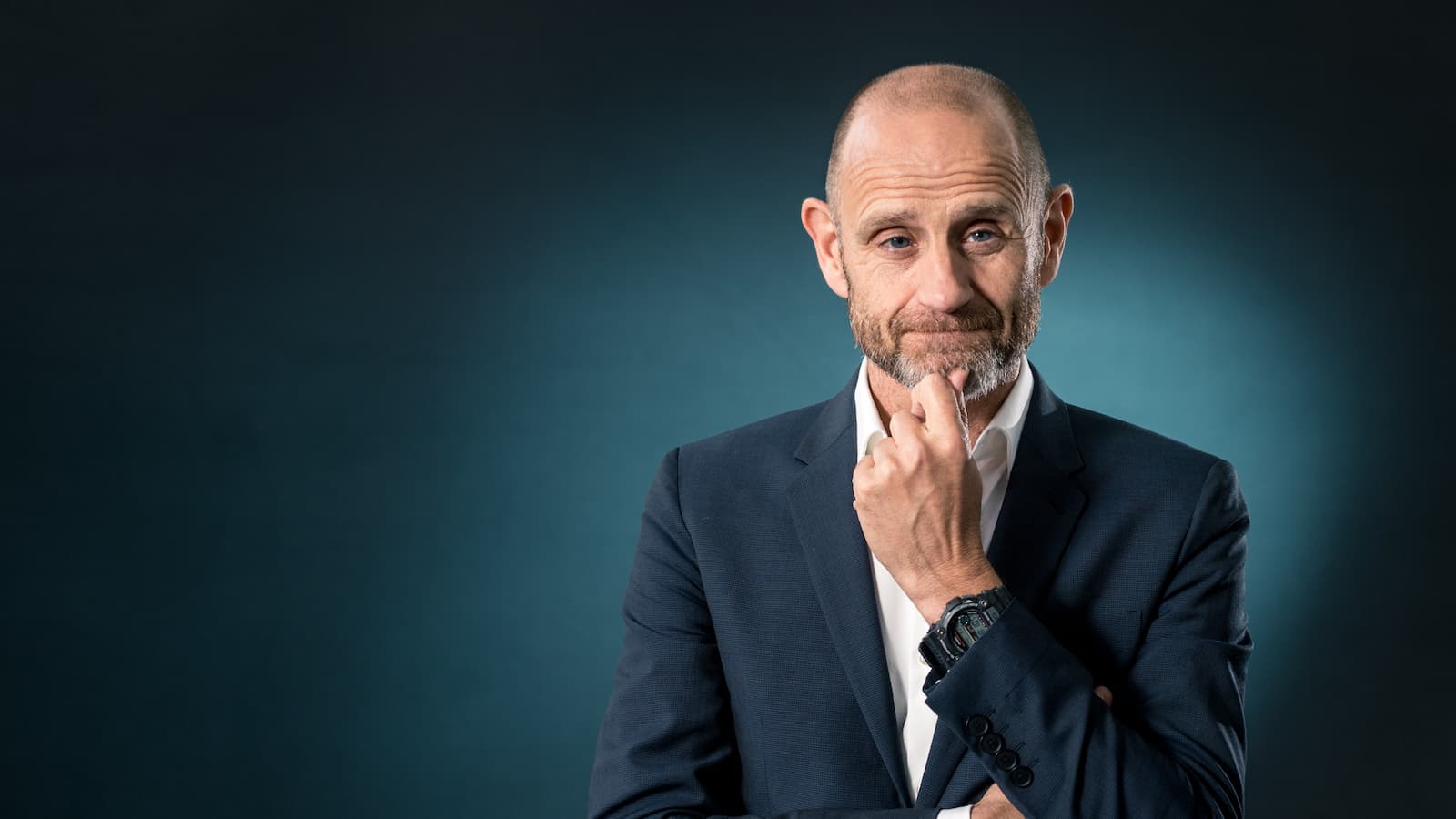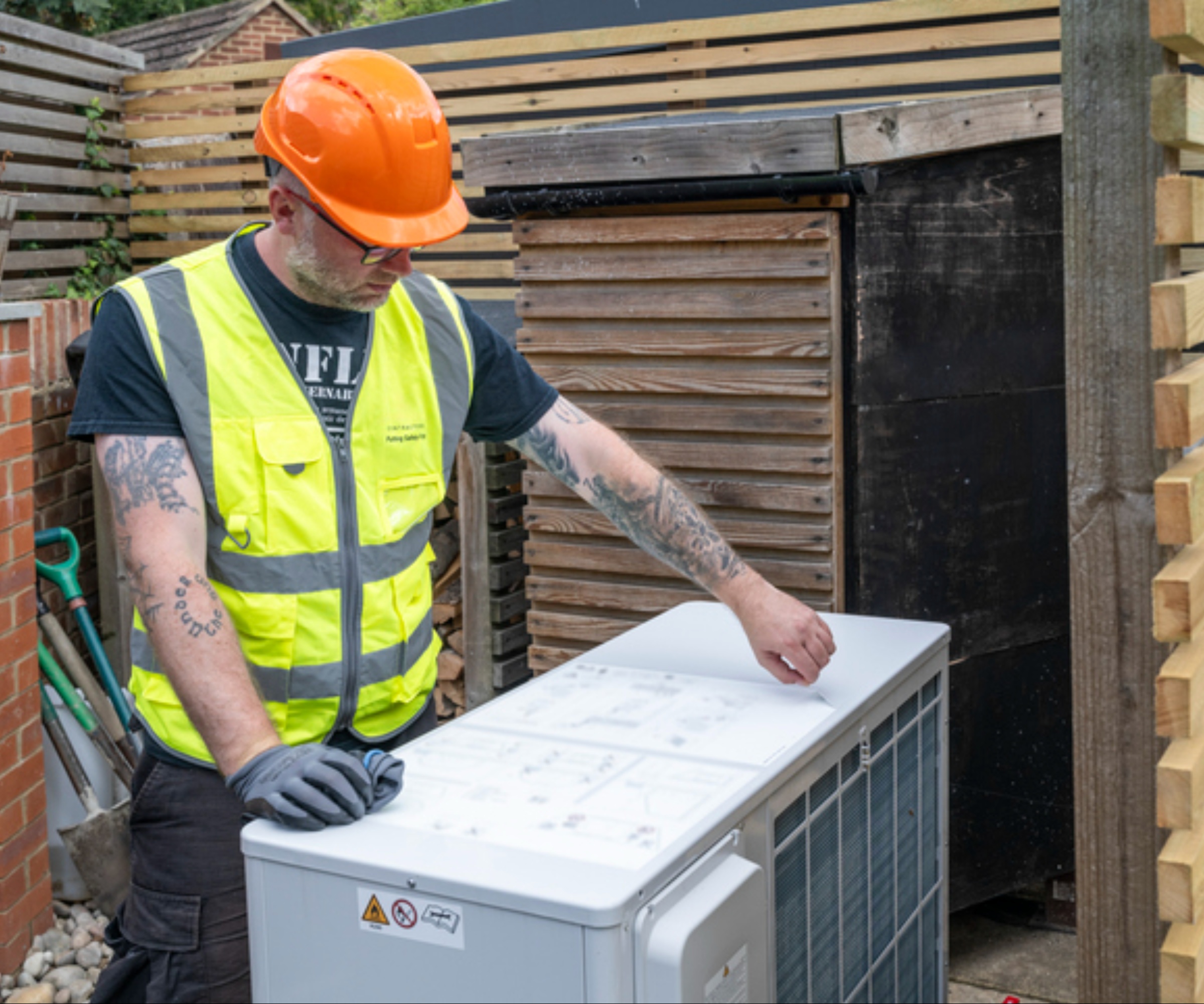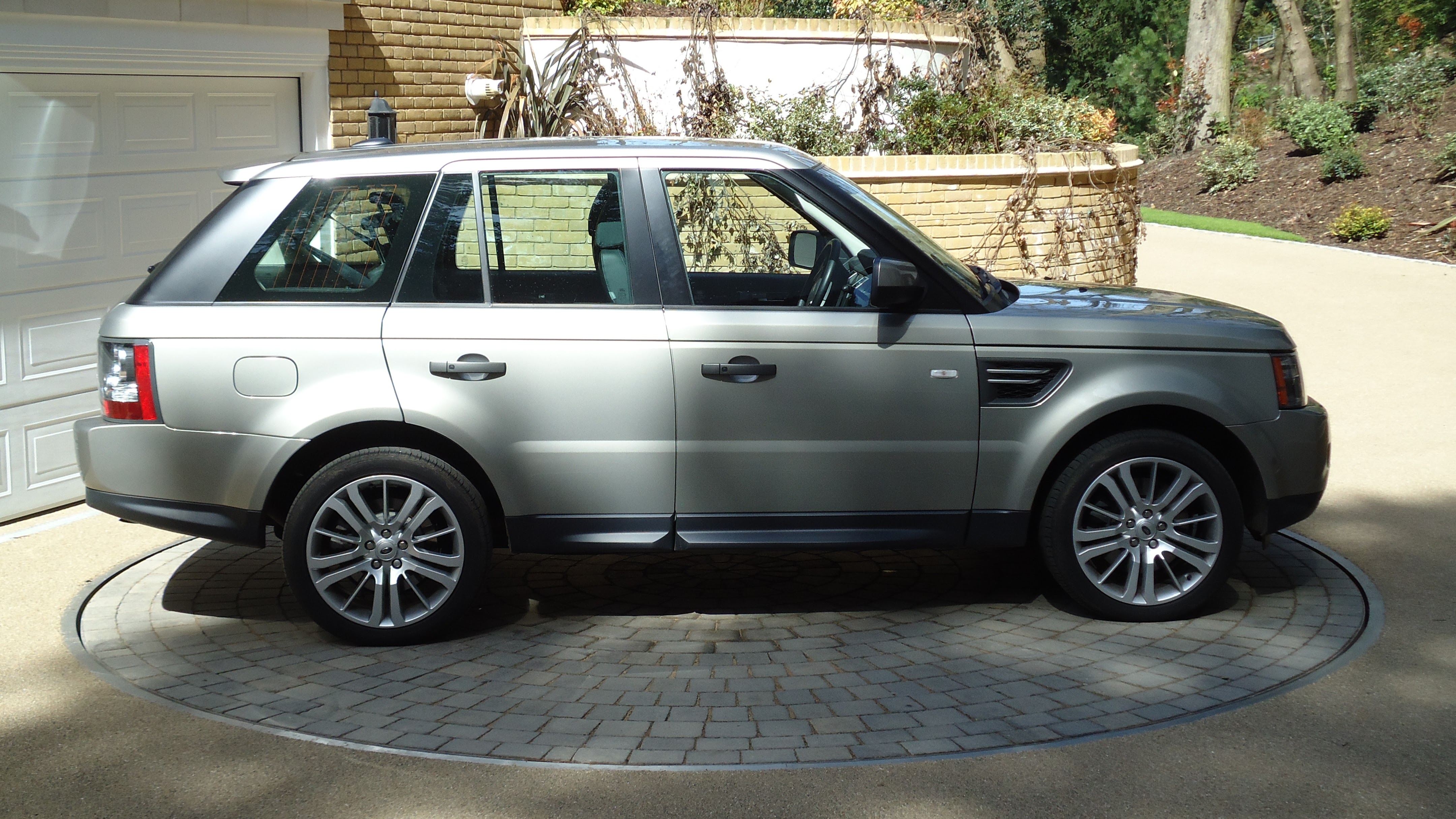BBC bosses tell Evan Davis to quit heat pump podcast claiming it was too 'political'
Davis says “I take their shilling, they dictate the rules… and they’ve decided heat pumps can be controversial”

The BBC has brought an abrupt end to The Happy Heat Pump Podcast, due to BBC concerns over "public controversy", the show's host Evan Davis says.
Evan Davis and Bean Beanland, the show's joint hosts announced the cancellation in their final episode, expressing disappointment and concern over the growing politicisation of environmental technologies like heat pumps.
Davis claims the BBC said "heat pumps can be controversial" and asked for him to no longer be involved with the show, leading to the decision to end the show.
What is The Happy Heat Pump Podcast?
Launched as a passion project between BBC broadcaster Evan Davis and Bean Beanland of the Heat Pump Federation, The Happy Heat Pump Podcast ran for 20 episodes and aimed to offer discussions about heat pumps.
The show featured conversations on everything from how heat pumps work, how much they cost, and what homes suit heat pumps.
According to the hosts, the podcast was not about promoting products but about helping listeners understand the broader energy transition.
“The reception has been incredibly good,” Beanland said in the final episode. “Even this morning I was getting messages from people saying, ‘Just found this - this is brilliant. More, please.’”
Get the Homebuilding & Renovating Newsletter
Bring your dream home to life with expert advice, how to guides and design inspiration. Sign up for our newsletter and get two free tickets to a Homebuilding & Renovating Show near you.

BBC bosses tell Davis to step back over “political” concerns
Despite the show’s educational nature, Davis revealed that his continued involvement became an issue due to his employment with the BBC.
Though the podcast was initially greenlit as a side project, Davis said that “as the world has progressed over the last few months,” BBC leadership became uneasy with the potential perception of the show as politically charged.
“They have to try and keep their presenters out of areas of public controversy,” Davis explained. “And they have decided heat pumps can be controversial. So they’ve asked me not to be involved.”
The BBC has allowed the 20 existing episodes to remain online but prohibited Davis from producing any further content.
Hosts call the decision “extraordinary”
Both Davis and Beanland expressed frustration and disbelief at the idea that a podcast about heating systems could be swept up in political controversy.
“It’s a heating system, for God’s sake,” Beanland said. “Fundamentally, we all want to be warm and have hot water, and do it as efficiently as we possibly can. And yet it’s become a sort of touchpaper.”
Davis agreed, arguing that the real issue lies in the politics surrounding the UK’s net zero ambitions. “It’s not the heating system that’s the issue - it’s that if Britain moves to net zero, you're going to need a lot of heat pumps,” he said. “So people who oppose the net zero timeline pick on heat pumps as a proxy.”
The hosts highlighted what they see as a failure of government and media alike to clearly explain the purpose and urgency of the energy transition. “What we failed to do - successive governments have failed to do - is explain to people why this transition needs to happen at all,” Davis concluded.
Though The Happy Heat Pump Podcast has come to an end, its hosts hope the conversation around sustainable heating, and the need to depoliticise practical climate solutions, will continue.

News Editor Joseph has previously written for Today’s Media and Chambers & Partners, focusing on news for conveyancers and industry professionals. Joseph has just started his own self build project, building his own home on his family’s farm with planning permission for a timber frame, three-bedroom house in a one-acre field. The foundation work has already begun and he hopes to have the home built in the next year. Prior to this he renovated his family's home as well as doing several DIY projects, including installing a shower, building sheds, and livestock fences and shelters for the farm’s animals. Outside of homebuilding, Joseph loves rugby and has written for Rugby World, the world’s largest rugby magazine.
